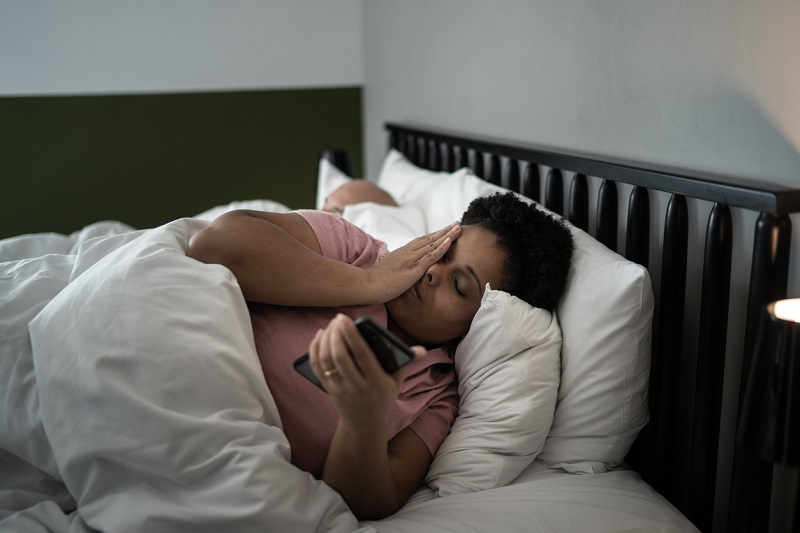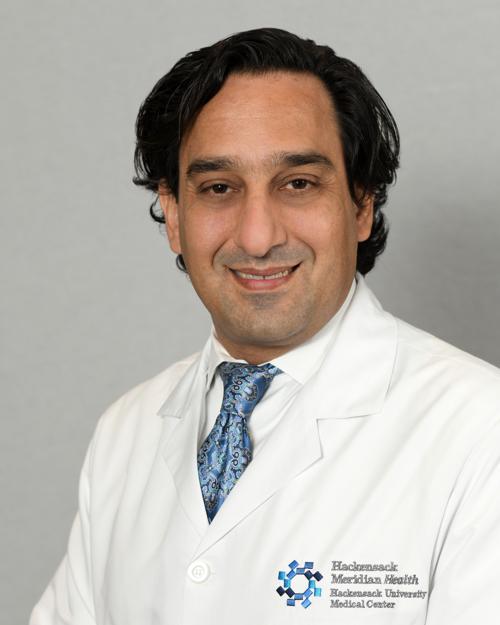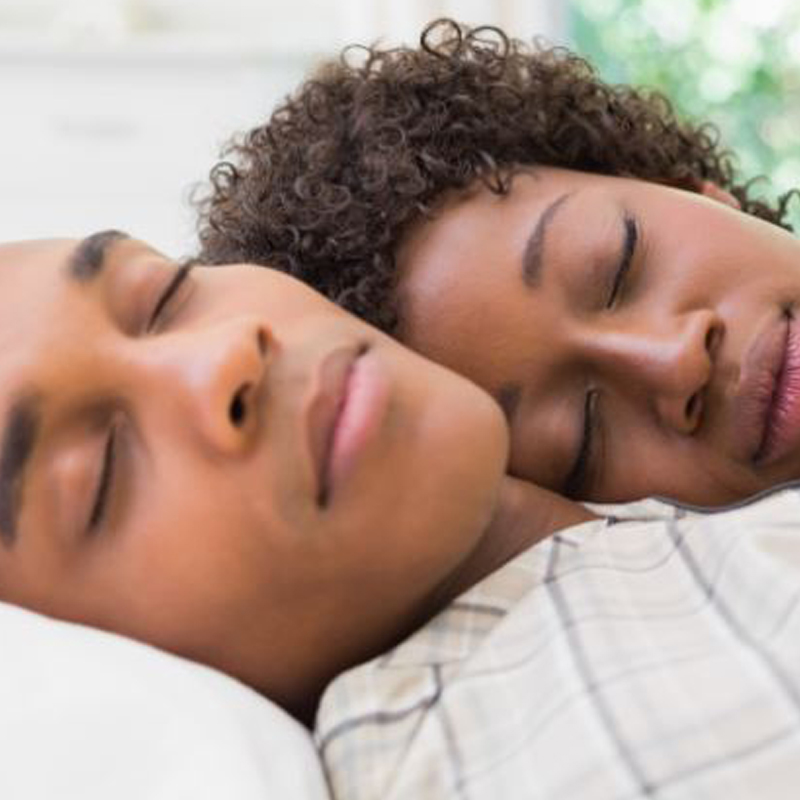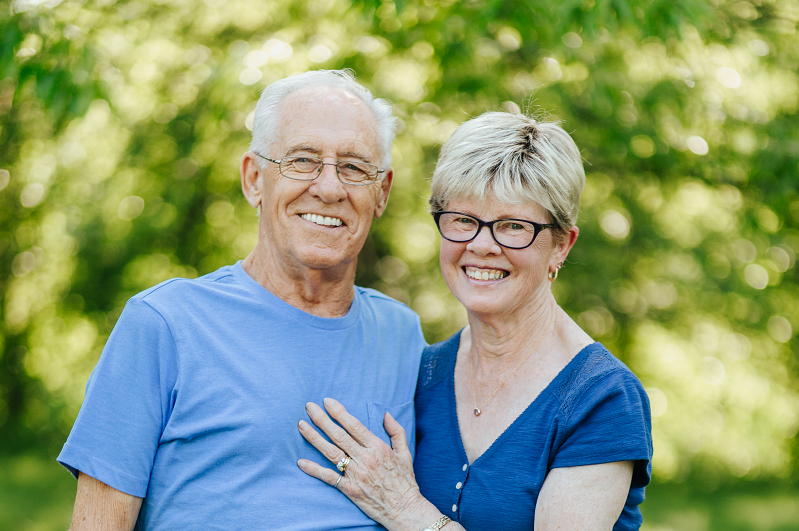Four Unusual Signs of Sleep Apnea

April 16, 2024
The way sleep apnea commonly presents can be rather apparent: loud snores punctuated by quick—and sometimes alarming—gasps for air.
But sleep apnea symptoms appear in many ways, including subtly. For people left undiagnosed, that might mean quietly suffering for years, says Georges A. Ghacibeh, M.D., a neurologist and sleep medicine specialist at Hackensack University Medical Center. “People can have apnea for so long and not notice because they get used to the daytime fatigue, and it becomes their new normal,” says Dr. Ghacibeh.
Unusual Signs of Sleep Apnea for Adults
Here are four unusual signs of sleep apnea, including recommendations for when and how to get help:
- Morning headaches. If you wake up with a headache, whether in the middle of the night or the morning, that could be a sign of apnea. “It is the most concerning of the unusual symptoms because it could be associated with spiking blood pressure and a greater chance to develop high blood pressure,” Dr. Ghacibeh says.
- Night sweats. Repeated episodes of not getting oxygen to the brain or not breathing enough spikes adrenaline in the body, causing it to sweat. “Think of when you’re running,” Dr. Ghacibeh says. “You have a surge of adrenaline, so your heart rate goes up, your blood pressure rises and you sweat.”
- Frequent movement. People with sleep apnea may move around a lot in their sleep, Dr. Ghacibeh says. The repeated issue and difficulty in breathing might be jerking people awake or otherwise causing physical activity. These jolts may or may not be accompanied by snoring.
- Frequent urination. For older adults, frequent urination at night is to be expected, Dr. Ghacibeh says. But for younger adults, multiple bathroom trips at night could be an unusual sign of apnea. Like night sweats, this particular symptom might be caused by increased adrenaline, creating the feeling that your bladder is full.
Unusual Signs of Sleep Apnea for Children
Sleep apnea symptoms present differently in kids than in adults, Dr. Ghacibeh says:
- At night, children with apnea might be prone to bedwetting.
- During the day, kids might not complain of sleepiness like adults. Instead, their fatigue may show up as hyperactivity or general misbehaving. That could lead to difficulty with attention and focus—sometimes resulting in an ADHD diagnosis.
What Happens When Sleep Apnea Is Untreated?
Sleep apnea occurs when airways get blocked, forcing a person to stop and start breathing repeatedly. Left untreated, the condition can increase the risk for a host of health problems including:
- High blood pressure
- Asthma
- Heart disease
- Diabetes
- Stroke
Even on a smaller, more everyday scale, apnea can lead to:
- Daytime fatigue
- Concentration difficulties
- Negative moods
- Short-term memory loss
The other danger, Ghacibeh points out, is misdiagnosis and not treating the root problem. “People might be having frequent headaches and going to a headache specialist to get treatment when what they need is to treat apnea,” he says.
When to Seek Help for Sleep Apnea
If you think you have sleep apnea, the first step is to see your primary care physician and describe your symptoms, especially if you snore, which should always be evaluated, Dr. Ghacibeh says.
“If you’re waking up at night or having other symptoms, I think it’s a good idea to talk to a doctor, list all of your symptoms and have them assess what to do,” he says.
Your doctor can help determine which type of sleep apnea you have—obstructive sleep apnea (the most common), central sleep apnea or complex sleep apnea—and how to treat your specific case.
Next Steps & Resources
- Meet our source: Georges A. Ghacibeh, M.D.
- To make an appointment with a sleep specialist near you, call 800-822-8905 or visit our website.
- Learn more about sleep services at Hackensack Meridian Health.
The material provided through HealthU is intended to be used as general information only and should not replace the advice of your physician. Always consult your physician for individual care.







